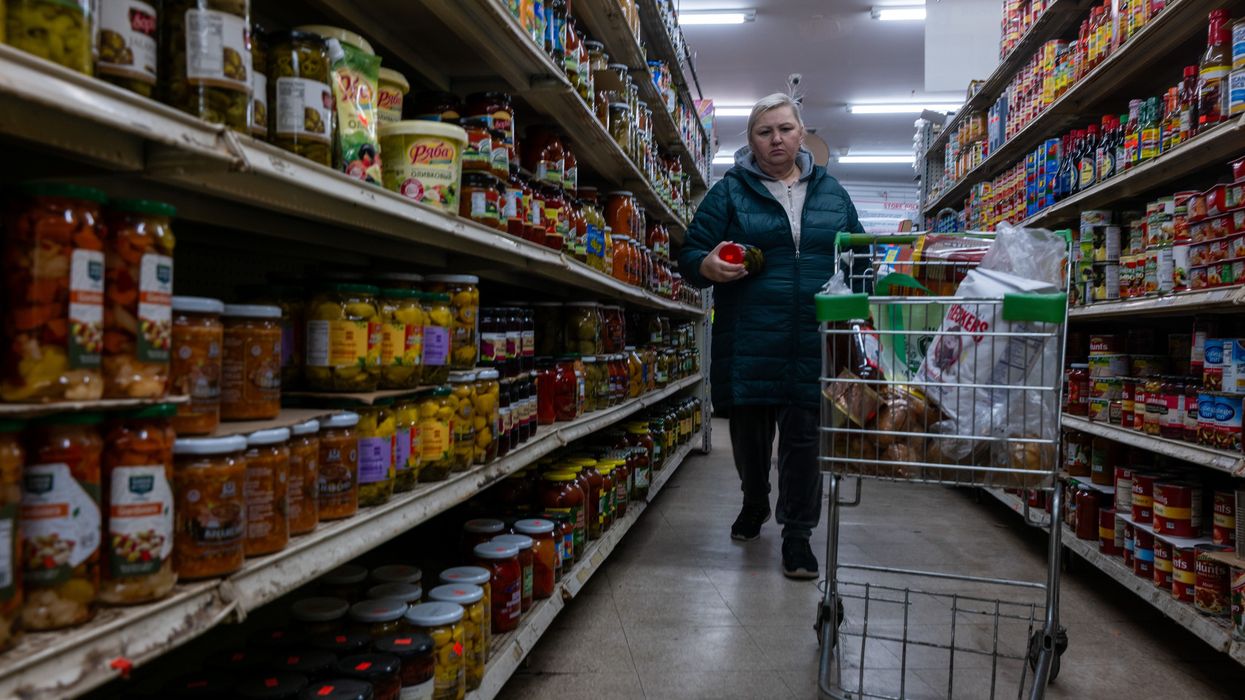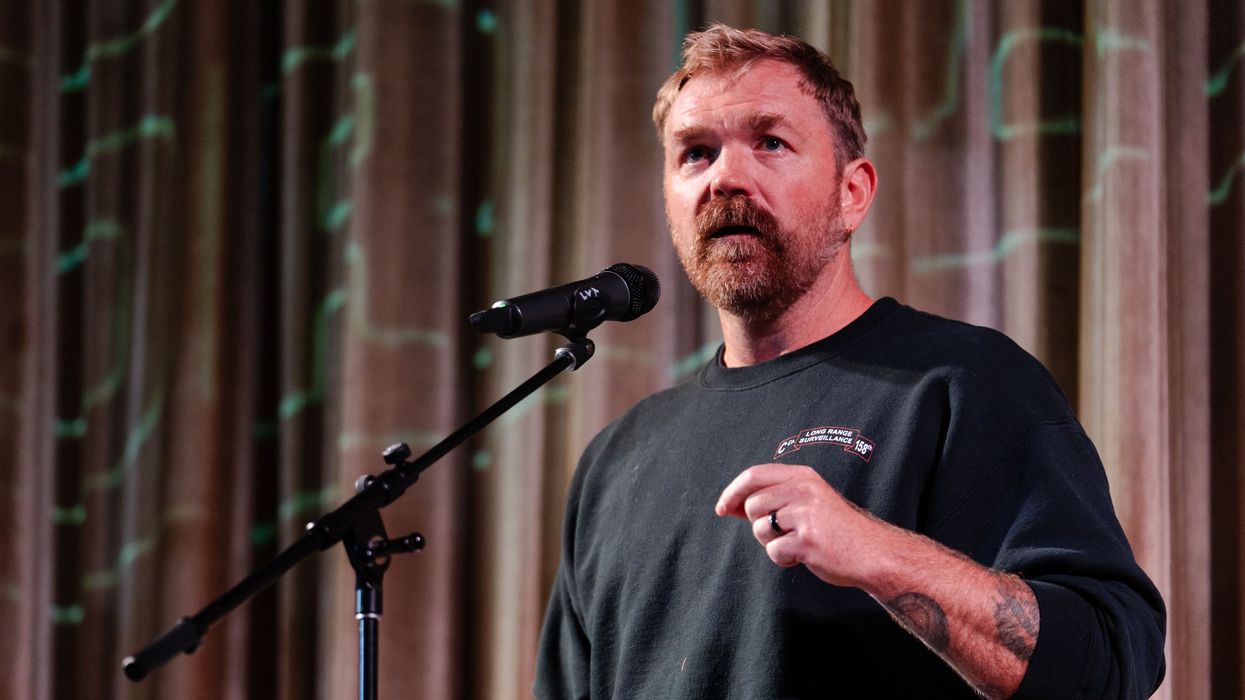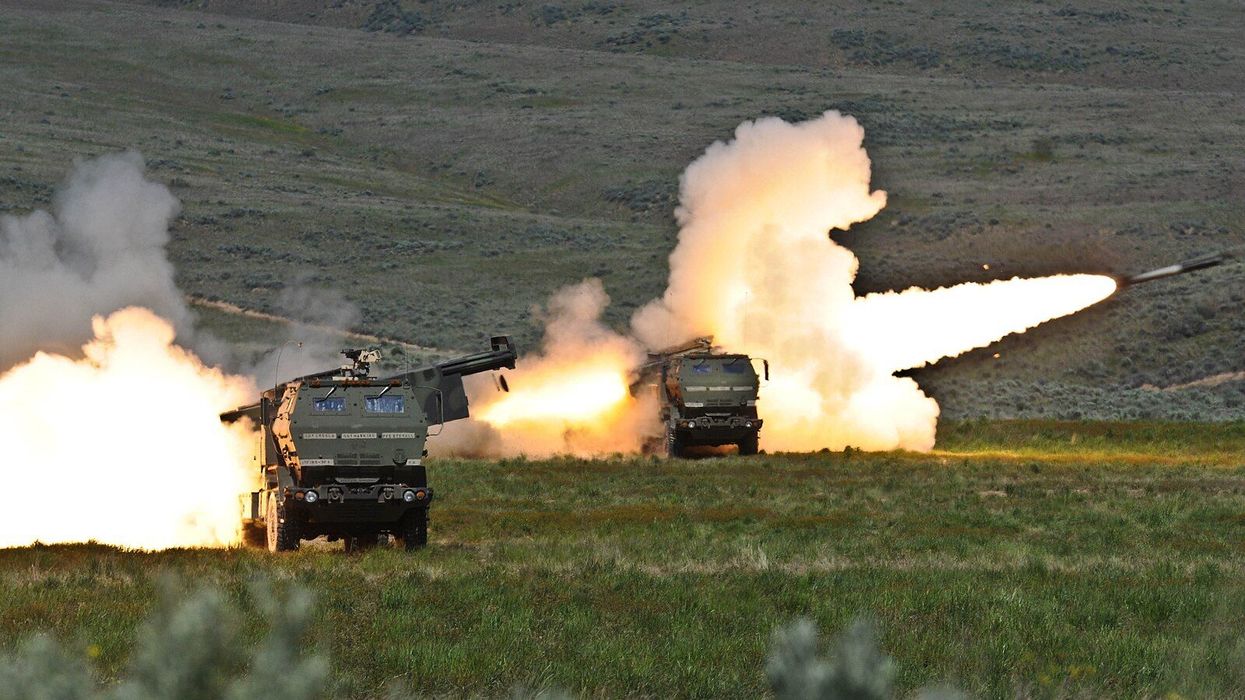September, 12 2017, 10:45am EDT

For Immediate Release
Contact:
Tel: +44 (0) 20 7413 5566,After hours: +44 7778 472 126,Email:,press@amnesty.org
Bosnia and Herzegovina: Last Chance For Justice For Over 20,000 Wartime Sexual Violence Survivors
WASHINGTON
A quarter of a century after the start of the conflict, more than 20,000 survivors of wartime sexual violence in Bosnia and Herzegovina are still being denied justice, said Amnesty International in a new report.
"We need support, not pity:" Last chance for justice for Bosnia's wartime rape survivors reveals the devastating physical and psychological consequences of these crimes and the unjustifiable barriers preventing women from accessing the support they need and the legal redress to which they are entitled.
"More than two decades after the war, tens of thousands of women in Bosnia are still piecing together their shattered lives with little access to the medical, psychological and financial assistance they desperately need," said Gauri van Gulik, Amnesty International's Deputy Europe Director.
"As each year passes, so does the prospect of ever attaining justice or receiving the support to which they are entitled. These women can not forget what happened to them and neither should we."
The report, based on research conducted over two years, reveals how systemic obstacles combined with a lack of political consensus have consigned a generation of survivors - raped during the 1992-5 war - to penury and hardship.
During the conflict thousands of women and girls were subjected to rape and other forms of sexual violence by military and paramilitary groups. Many were enslaved, tortured and even forcibly impregnated in so-called 'rape camps'.
Elma was four months pregnant when she was taken to a rape camp and gang-raped on a daily basis. She told Amnesty International: "They would wear balaclavas and ask me if I could guess which one was on top of me. These were all local boys."
As a result of the physical abuse, she lost her baby and suffered lasting injuries to her spine. Almost 25 years on, Elma, who is unemployed, has not received any meaningful financial support from the state and is in desperate need of medical and psychological assistance.
Interminable delays in justice
Since war crimes trials began in Bosnia in 2004, less than 1% of the total estimated number of victims of war crimes of sexual violence have come to court. Courts across the country have completed only 123 cases involving sexual violence charges and although the number of prosecutions has increased in recent years, more must be done to ensure the perpetrators are brought to justice.
After the war, Sanja, a woman who had been held captive and repeatedly raped by a soldier and his comrades, reported him to the authorities. The police and judicial authorities failed to take action against the perpetrator and social services failed to recognize Sanja's situation and provide assistance. She told Amnesty International: "I don't trust anyone any more, especially not the state. They all failed me."
While there has been significant progress in witness protection and support, this could be undermined by high acquittal rates in several jurisdictions and often-reduced sentences for those convicted. Meanwhile the increase in the number of cases prosecuted cannot mask the huge backlog of cases.
Slow and inadequate justice has discouraged survivors from coming forward undermining confidence in the criminal justice system and generating an overwhelming sense of impunity.
One woman who was raped multiple times by paramilitaries at her home and at a police station points out that "Most survivors will not live long enough to see justice being done. In a few years, the courts will run out of cases; there won't be any survivors, perpetrators or witnesses alive to go through the trials."
Women left without support
There have been recent changes aimed at strengthening access to support and improving services for survivors. However these remain piecemeal and vary dramatically in different parts of the country. Unless these changes are fully institutionalized in all parts of the country, their impact will be limited and haphazard.
Women victims of sexual violence tend to experience high rates of unemployment and poverty and are among the most vulnerable economic groups in Bosnia. And yet only around 800 survivors have been able to access some monthly allowances and other basic benefits. In the absence of a formal reparation scheme, survivors have to navigate a complex array of existing social allowances and judicial proceedings in criminal and civil courts, in an attempt to claim their rights.
Since benefits and services are not universally guaranteed or harmonised across the country, access to them varies depending on place of residence. For example, Republika Srpska does not recognise survivors of conflict-related sexual violence as a special category of war crimes victims and restricts access to any reparation or support severely. These provisions have prevented most survivors of sexual violence living there from accessing a monthly allowance, as well as free healthcare, rehabilitation and psychological and social support.
Obstacles like these discourage many victims from coming forward and force others to engage in administrative acrobatics, trading one right for another, in order to access benefits. A number of women described to Amnesty International how they were forced to change their official residency in order to obtain the monthly allowance. This entailed losing the right to access public services, including badly needed health and social care, in the places where they actually live.
"The authorities must remove these discriminatory obstacles which prevent access to reparations and replace them with measures that guarantee equal protection and support for all survivors regardless of where they live," said Gauri van Gulik.
"Recent years have seen important improvements but there is still a great distance to travel. Whilst the trauma of the past can never be unlived, it is not too late to ensure that the future of these women is one where their rights and their dignity can finally be reclaimed."
Amnesty International is a worldwide movement of people who campaign for internationally recognized human rights for all. Our supporters are outraged by human rights abuses but inspired by hope for a better world - so we work to improve human rights through campaigning and international solidarity. We have more than 2.2 million members and subscribers in more than 150 countries and regions and we coordinate this support to act for justice on a wide range of issues.
LATEST NEWS
FTC Opens Investigation Into Instacart Pricing After 'Bombshell Report'
Groundwork Collaborative revealed this month that artificial intelligence-enabled pricing experiments used by the shopping app have charged users up to 23% more than others for the same products.
Dec 18, 2025
The executive director of Groundwork Collaborative, the advocacy group behind a "bombshell report" that exposed Instacart's artificial intelligence-powered pricing schemes, welcomed the news that the federal government US opening an investigation into the business practice, and urged the Federal Trade Commission to follow the probe with concrete consumer protection actions.
The FTC told Gizmodo that "like so many Americans, we are disturbed by what we have read in the press about Instacart’s alleged pricing practices.”
Groundwork joined Consumer Reports and More Perfect Union in examining Instacart's practice, using the AI pricing software Eversight, of quoting different prices to different shoppers using the company's app, which allows people to order groceries and send a shopper to pick them up.
Some customers at a Safeway in Seattle were charged a price that was 23% higher than other shoppers for Skippy peanut butter, Oscar Mayer turkey, and Wheat Thins crackers. In Washington, DC, customers using the Insacart app saw eggs priced at $3.99, while others who logged on at the exact same time were charged $4.79 for the same brand at the same store.
Instacart has the ability to change prices based on data such as ZIP code or income, though the groups did not find it is currently using that information in its pricing experiments.
Groundwork noted that the scheme is taking place as American families are already struggling to afford groceries, electricity, healthcare, and other essentials.
“At a time when families are being squeezed by the highest grocery costs in a generation, Instacart chose to run AI experiments that are quietly driving prices higher," said Lindsay Owens, executive director of Groundwork. "While the FTC’s investigation is welcome news, it must be followed with meaningful action that ends these exploitative pricing schemes and protects consumers. Instacart must face consequences for their algorithmic price gouging, not just a slap on the wrist.”
In its report, the group called on the FTC to take action under Section 5 of the Federal Trade Commission Act, which prohibits “unfair methods of competition," or to bring enforcement cases or initiate rulemaking to officially classify AI-enabled pricing strategies as "unfair and deceptive" strategies.
The progressive think tank Roosevelt Institute applauded Groundwork and its partners for the "major investigation" that pushed the FTC to act.
Instacart's shares dropped by about 7% following the news of the FTC probe.
On Thursday, the agency announced that Instacart would pay $60 million in refunds to settle separate allegations that it falsely advertised "free delivery" while charging a service fee, falsely advertised a "100% satisfaction guarantee" that suggested it would offer full refunds, and failed to disclose terms regarding Instacart+ membership.
Keep ReadingShow Less
'No War With Venezuela,' Says Maine US Senate Candidate Graham Platner
"It should not be an option in our government to allow a failing presidency to just start a war because they feel like it's politically expedient," said the progressive running to unseat Republican Sen. Susan Collins.
Dec 18, 2025
The progressive running to unseat Republican US Sen. Susan Collins of Maine is speaking out forcefully against President Donald Trump's march to war with Venezuela, warning of alarming parallels with the invasion of Iraq over two decades ago.
In a video posted to social media on Wednesday night, Graham Platner—a Marine Corps and US Army veteran who served multiple combat tours in Iraq and Afghanistan—said it is "terrifying" to witness the US government "yet again trying to lead us into an illegal war that is going to do absolutely nothing for the average American."
"What is happening in Venezuela should not fool you into thinking that we are under attack, that we are under threat from Venezuela," said Platner, who accused the increasingly unpopular Trump administration of falling back on the "most tried and true method of failing governments, which is to go start a war."
"This is why we need to claw back war powers from the executive branch," he added. "It should not be an option in our government to allow a failing presidency to just start a war because they feel like it's politically expedient. That shouldn't even be possible, and the only reason it is possible is that we have allowed it to become possible."
Watch:
Platner's remarks came a day after Trump, who has repeatedly threatened to launch military strikes inside Venezuela, announced a "total and complete" blockade on "sanctioned oil tankers" approaching and leaving the South American nation—a move that was widely condemned as an act of war.
"No war with Venezuela," Platner wrote on social media in response to the president's announcement, expressing a view shared by 63% of US voters, according to one new poll.
Platner's vocal condemnation of Trump's military aggression toward Venezuela and warnings about regime change contrast sharply with his electoral opponents' relative silence on the issue, which has drawn international alarm and outrage.
Maine Gov. Janet Mills, Platner's establishment-backed competition in the Senate primary, told Common Dreams in a statement that "Congress should be exercising its oversight and war powers authority" to constrain Trump. The comments appeared to be Mills' first public statement on the potential military conflict with Venezuela.
"Unsurprisingly, the president's objectives and strategy are unclear as he drives us closer to a costly and unnecessary war," Mills said, adding that, "unlike Susan Collins," she would have supported a recent war powers resolution that nearly every Republican senator voted to block last month.
Collins, according to the Associated Press, gave opponents of the war powers resolution "the decisive 50th vote to defeat it" when it came up for a vote on November 6.
If passed, the measure would have required Trump to "direct the removal of United States Armed Forces from hostilities within or against Venezuela that have not been authorized by Congress."
"The power to wage war constitutionally was given to the legislative branch to make sure that this exact kind of scenario did not happen."
Senate opponents of Trump's military aggression toward Venezuela directly and his ongoing, deadly strikes on boats in international waters are not giving up on efforts to rein in the lawless president.
Sen. Ruben Gallego (D-Ariz.), an Iraq War veteran who has warned Trump is on the verge of launching "Iraq War 2.0," introduced a resolution on Wednesday aimed at halting the president's campaign of extrajudicial executions in the Caribbean and eastern Pacific.
"The decision to use military force is one that requires serious debate, and the power to declare war unambiguously belongs to Congress under the Constitution,” said Gallego. “As an Iraq War veteran, I know the costs of rushing into an unnecessary war and that the American people will not stand for it.”
Platner echoed that sentiment in his video message on Wednesday.
"The power to wage war constitutionally was given to the legislative branch to make sure that this exact kind of scenario did not happen," said the US Senate candidate. "The only way that we can keep it from happening again is to make sure that the power to wage war returns to the representatives of the people."
Keep ReadingShow Less
China Rips US ‘Warmongers’ as Trump Admin Proposes $11 Billion Taiwan Arms Sale
China's foreign minister warned that US weapons sales to Taipei "will only accelerate the push towards a perilous state of military confrontation across the Taiwan Strait."
Dec 18, 2025
The Chinese government on Thursday condemned the Trump administration's announcement of a proposed $11 billion weapons package for Taiwan, a move that Beijing said violates both the "One China" principle and an agreement in which the US pledged to reduce arms sales to Taipei.
The US State Department said the record $11.154 billion package contains a broad range of weaponry and other military equipment, including Lockheed Martin High Mobility Artillery Rocket Systems (HIMARS), Lockheed Martin Army Tactical Missile System (ATACMS) long-range missiles, BAE Systems M109A7 self-propelled howitzers, drones and tactical software, Javelin and TOW missiles, and M2A1 machine guns and other armaments.
"This proposed sale serves US national, economic, and security interests by supporting the recipient’s continuing efforts to modernize its armed forces and to maintain a credible defensive capability," the State Department said in a statement. "The proposed sale will help improve the security of the recipient and assist in maintaining political stability, military balance, and economic progress in the region."
Taiwanese leaders thanked the US for its continued efforts to help the island defend itself.
However, Chen Binhua, spokesperson for China's Taiwan Affairs Office, blasted the proposed sale as “flagrant interference in China’s internal affairs" that "severely undermines China’s sovereignty and security interests and sends erroneous signals to separatist forces."
Chen said that the arms package "gravely violates" the "One China" principle, which, to the US means that the People's Republic of China (PRC) is “the sole legal government of China," but to Beijing means that Taiwan—which it views as a breakaway province—is an inseparable part of the Chinese nation.
While the US acknowledges the PRC's position that there is but one China, Washington does not recognize or accept Beijing's stance. Although it has no formal diplomatic relations with Taipei, the US is obliged under the 1979 Taiwan Relations Act to "provide Taiwan with arms of a defensive character."
China says this directly contradicts US obligations under the so-called "Three Communiques" with Beijing—especially an August 17, 1982 agreement under which Washington pledged that it would respect PRC sovereignty and that it "intends gradually to reduce its sale of arms to Taiwan."
China has accused the US of violating the August 17 communique with each of its many arms sales to Taiwan.
"We urge the United States to immediately cease its policy of arming Taiwan and to stop condoning and supporting separatist forces advocating Taiwan independence," Chen said Thursday. "We urge the United States to exercise the utmost caution in handling the Taiwan issue.”
Chen added that US "warmongers" and Taiwan's ruling Democratic Progressive Party—which he accused of “stubbornly pursuing independence”—risk turning the island into a "powder keg" and the Taiwanese people into "cannon fodder."
Under pressure from the Trump administration to buy more US arms, Taiwanese President Lai Ching-te last month announced a special $40 billion budget for the purchase of weapons between 2026 and 2033.
The latest proposed US arms sale follows Congress' passage of the 2026 National Defense Authorization Act (NDAA), which authorizes up to $1 billion in funding for Taiwan's defense. US President Donald Trump is expected to imminently sign the record $900.6 billion bill into law.
Chinese Foreign Ministry spokesperson Guo Jiakun said Thursday that the US effort to contain China by arming Taiwan is "doomed to fail."
"It will only accelerate the push towards a perilous state of military confrontation across the Taiwan Strait,” he added.
Keep ReadingShow Less
Most Popular


